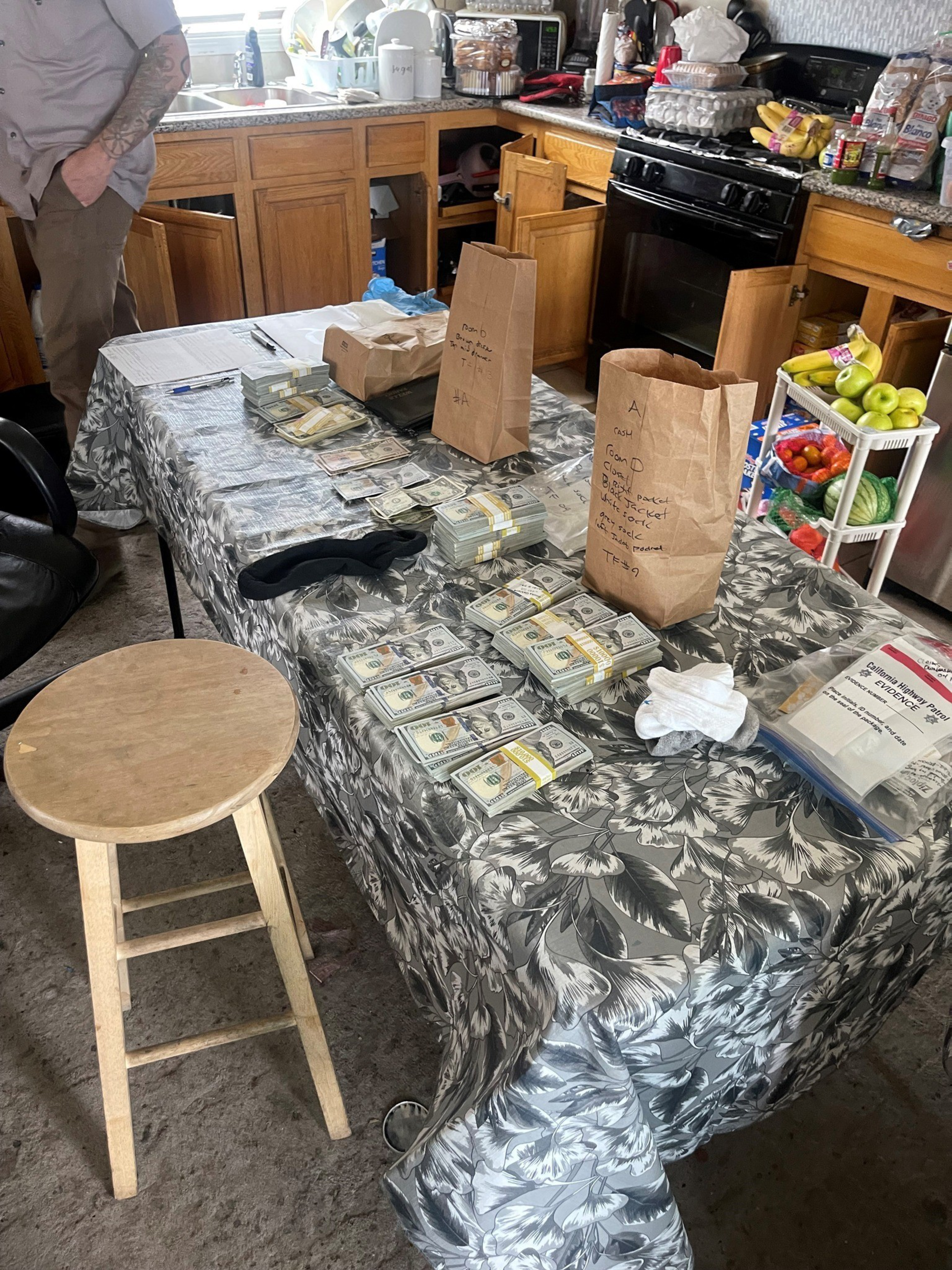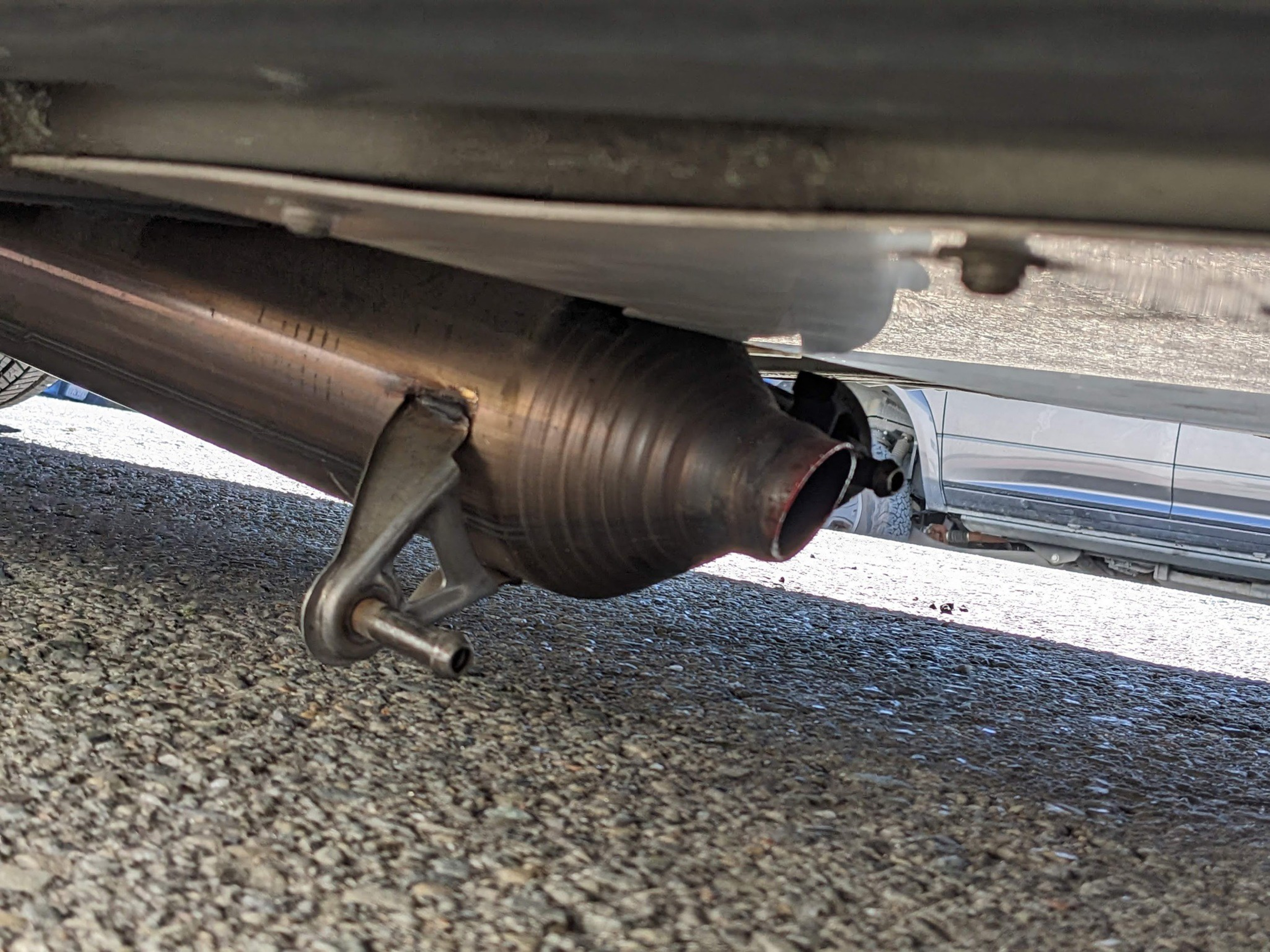Six men have been accused of running a catalytic converter theft ring after cops served search warrants yielding $260,000 in cash, guns, around 240 catalytic converters and a stolen vehicle.
The raids were carried out at two Oakland homes at the same time on June 9 at around 9 a.m., authorities said.
The suspects are all Oakland residents aged 31 to 44 years old. They were arrested on suspicion of possessing stolen property, criminal conspiracy and tampering with a vehicle without the owner’s consent. The alleged theft operation spanned the Bay Area, according to the California Highway Patrol.

The Alameda County Regional Auto Theft Task Force has been tracking the alleged prolific catalytic converter fencing operation and its crew since mid-2022, a CHP statement (opens in new tab) said Wednesday.
The task force handles major auto theft cases and comprises investigators from the CHP, the Alameda County Sheriff’s Office and the Alameda County Probation Department. In this case, officers with the Dublin and Alameda police departments lent their help, along with officers from other law enforcement agencies.

Catalytic converters are an important part of a car’s exhaust system. One must be in place for your vehicle to pass the California Department of Motor Vehicles’ Smog Check requirement, unless your vehicle runs on gas and was made before 1975. The converters use rare metals—including rhodium, palladium and platinum—as catalysts to neutralize harmful emissions. These rare metals can be extracted and sold.
Thieves have been plucking the converters from cars across the state with near impunity, targeting every kind of driver, from residents who drive particularly vulnerable models to travelers in rental cars visiting the region.

In some cases, criminals have pointed guns at victims before speeding away in luxury getaway rides, demanded cash and yelled at victims to “film this” and even tried to explain themselves to victims held at gunpoint. In a few cases, others have shot at police and would-be Good Samaritan neighbors.
Hot spots around the Bay Area have included neighborhoods in San Francisco, Oakland, Fremont and Santa Clara, leaving law enforcement and repair shops with few obvious ways to protect vulnerable vehicles.
